Have you ever heard of the concept of the morality of wisdom, which is based on the theory that there is no such thing as good or bad?
All that is necessary for the triumph of evil is for good men to do nothing. ~ Edmund Burke
Intuitively I’ve always felt that there was something wrong with the popular quote above. In fact, the deeper I’ve ventured into exploring myself the more I’ve come to dislike the concepts of “good” and “bad”.
In my life I have come across countless thieves, a few psychopaths and rapists, and a murderer, but in my conversations with them I concluded that none of these people had ever actually set themselves out to do “evil” for the sake of evil. Instead, they were all acting out of what they felt and could justify as goodness, whether that was as self-preservation, pleasure, or something else.
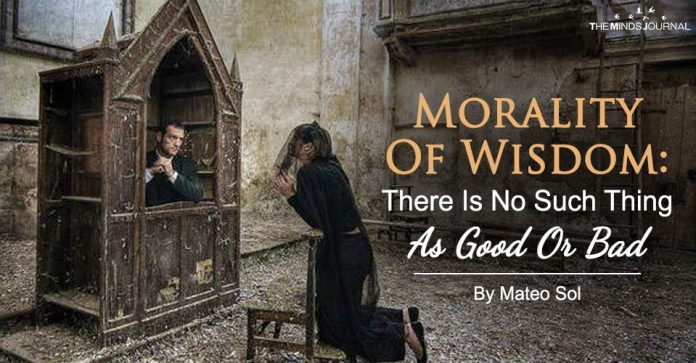
Morality As A Collective Guideline
Little evil would be done in the world if evil never could be done in the name of good. ~ Marie von Ebner-Eschenbach
Morality is a collective attempt to create a ‘system’ or structure of what is “good” and what is “bad” – it’s a way we can rationalize arguing with life itself. Morality makes it easier for us to look at reality and say, “this shouldn’t be!” and believe that we are right.
However, the truth is that there is no general morality, but rather, morality is relative from culture to culture.
For example, what is moral in an Italian restaurant is immoral in a vegan one. What is moral in Australia is immoral in some Arabic countries. Not only that but what we call “bad” now can also become “good” at any point in time. For example, killing other people is normally immoral. But when wartime begins, we suddenly rationalize that killing is not only OK but the more “enemies” you kill, the more respectable you become.
Morality serves to justify whatever we collectively consider an ideal: in this case self-preservation and protection of our “ideals”. What we fail to realize is that on the other side of the war, the enemies also consider themselves to be the ‘good’ guys protecting their ideals, beliefs, and ways of life.
Most of the people around us will agree with us on what’s moral and what is not, but the people around us can change as easily as a trip to the “ghetto” areas of our city. In that case, good and bad is simply what is popular at the time.
You may be wondering “Surely there are some acts that are unquestionably immoral? Crimes against children perhaps?” Our emotions and personal values are always the determiners of our moral assessments, and these two factors are entirely different from person to person. In fact, within the same person ideas of morality can change throughout our lives. For instance, what I thought of as “bad” many years ago now I consider to be “good”. So although there are some acts that are unquestionably immoral for the majority of us at this moment in time, it still comes down to popularity and cannot serve as an “absolute” rule.
How can there be a sturdy moral “baseline” from which we all make the same measurements when the man himself is so volatile in his perceptions of reality? A static idea of good and evil can only be accepted by a man who is static, stagnant in self-growth, and has a static permanent aim and a permanent understanding.
For such an unchanging person, belief systems are created.
Want to know more about how you can expand your mind? Read Zen Koans: 5 Profound Paradoxical Riddles To Expand Your Mind
Religion As A Morality
For many people in the world there is a very absolute and definite baseline for morality and that is Religion.
The same morality as the one mentioned above applies here as well: what the most popular opinion around you is, is generally what you consider to be moral, and anyone who believes in a different faith or has other ideas is considered to be wrong, or along a “bad” path and is in need of saving (think of The Great Inquisition for example). There are roughly 4,200 religions in the world so you better choose carefully!
The problem with identifying yourself with anything other than your own experience is that it is difficult to talk about these subjects without creating friction. Whenever there is a great emotional investment in any element of life, analyzing it is a difficult and confronting experience because our very basis for life and existence is being examined.
Personally, I was raised Catholic and still hold a few of their teachings to be full of insight and wisdom. However to live a life of spiritual truth I’m willing to go to great depths and be ruthless in my exploration of what I hold to be true and untrue, and analysis contributes to either reaffirming my belief that I am on the best path or helps to open my eyes to new perceptions.
At its core morality – religious or otherwise – is basically the judgment of other people. Morality establishes the idea that there is an objective way to assess another person based on the values they hold. This makes morality a tool for the devaluation of other people, to estrange, divide and dehumanize someone in the name of the state, the religion, or as a specie at large. Once we’ve morally assessed someone, any form of disdain, or even cruelty, can be rationalized (wars, prisoner interrogation tactics, social alienation, etc.)
And yet the underlying premise behind all the great prophets’ teachings is that of non-judgment, love, respect for others, forgiveness, charity, and tolerance. How can that be? At some point in time, the original message behind most of these prophet’s words was lost or misinterpreted.
The word “sin” for example came to mean “against the rules” and deserving of punishment, when in fact, as mentioned in a previous article, “sin” actually means in the original biblical Hebrew language: “to miss the mark”.
Sinning was to make a stupid mistake, a transgression against ourselves – it didn’t have anything to do with being a bad person. If the only reason we avoid killing someone is that we don’t want to go to Hell, then maybe Hell would be the best place for us.
So, how can we avoid making mistakes that harm ourselves and others in the process?
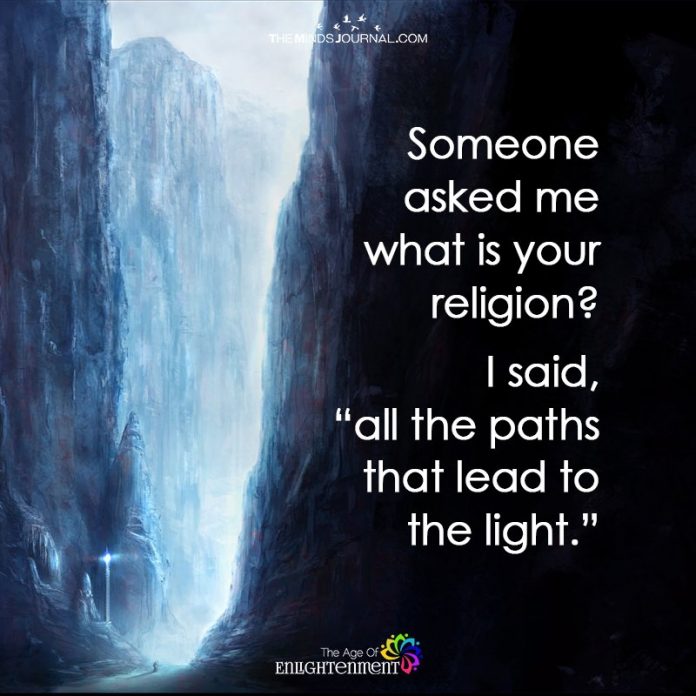
The Highest Morality
Intelligence is not enough to live a wise and sensitive life.
Some of the most famous serial killers and dictators were highly intelligent people, for example, but failed to feel any sense of compassion or sympathy for their victims.
So, why do people suffer, and why do people feel pain at the hands of these people if there is no “evil” in the world?
The answer? Because these “evil” people lack the sensitivity of soul. They lack wisdom.
Intelligence and knowledge are tools that help us process and play with the ideas of the fragmented reality that our minds create. Wisdom on the other hand is the sensor that experiences a direct connection to it, it is the sentient perceiver of our existence, the pathway straight to the heart.
These misguided and unwise people are incapable of cultivating peace and harmony in their lives, so instead they act on whatever provides a fleeting sense of fulfillment: money, power, gratification. To them these feelings are “good”; they provide security and a false sense of fulfillment, and so they are willing to do anything to anyone to continue feeling these things.
This, to me, is the message our major religions were trying to teach: there are wise ways to live and unwise ways to live. Many people can argue that without a ‘moral code’ the world would go to hell, and it’s true to some degree. There are fear-focused and love-focused courses of action as incentives in life, and our purpose is to grow in wisdom to the point where we can realize the benefits of being kind to others and the drawbacks of being unkind.
As I’ve previously mentioned, Karma is not an external force that balances the world but is rather an internal one where we create our own Hell. We attract into our life the same energy we put out into it.
“Good” could be said to be conscious, loving, and wise behavior while “Evil” could be considered egotistical, fearful, and unconscious behavior. These words work as metaphors for personal growth, as measurements for the quality of life, you’re attracting. For example, anything which helps you ‘awaken’ to this wisdom, to experience yourself, to become more authentic and experience something higher than yourself is “good”, while anything that hinders this is “evil”.
The wiser people will realize that “evil” behavior will attract many problems into their lives – such things as enemies, low self-esteem, paranoia, addictions, attachments, persistent dissatisfaction and suffering, world-weariness and cynicism to name a few.
Essentially, those people who do “good” in life aren’t perfectly saintly beings but are people who realize, if only intuitively, that doing good benefits them, that being compassionate results in less suffering for themselves and produces a deeper sense of fulfillment and connection to others.
If we keep all of this in mind, we realize that people who misbehave due to lack of wisdom aren’t deserving of our judgment, but are in fact letting us know that they are the ones who are in most need of compassion, forgiveness, and support. These are the people who have never truly tasted peace or love in their lives, only glimpses of gratification, and therefore act in ways that harm others, and in the process harm themselves.
The cultivation of wisdom often comes to those who are willing to struggle with themselves and work on themselves for a very long time in order to attain it. To develop our wisdom is to create a conscience.
Morality and wisdom are quite different things. One person’s morality can contradict another person’s morality, but one person’s wisdom can never contradict another person’s wisdom (although many confuse their beliefs with wisdom).
Morality is created and sourced from collective beliefs and prevents the individual from feeling any true freedom. To become authentic, to be a true individual, we require a thirst for freedom, freedom from the unwise, from psychological traumas, from self-pity, from self-preserving fearful ideas, from primitive instinctual behavior, and from dogmatic beliefs, ideals and values that have been taught to us throughout our entire lives.
Forget about morality, become consciously aware and search for the evolution, or the Involution, of your inner wisdom.
Written By – Mateo Sol
Originally appeared in – LonerWolf
Life is always not that simple, and sometimes it becomes difficult to put everything in specific boxes. People tend to forget that everything is not always black and white, there is a lot of greys too. The concept of the morality of wisdom takes time to understand, but once you do, you will finally understand the true essence of life.
If you want to know more about the morality of wisdom, then check this video out below:
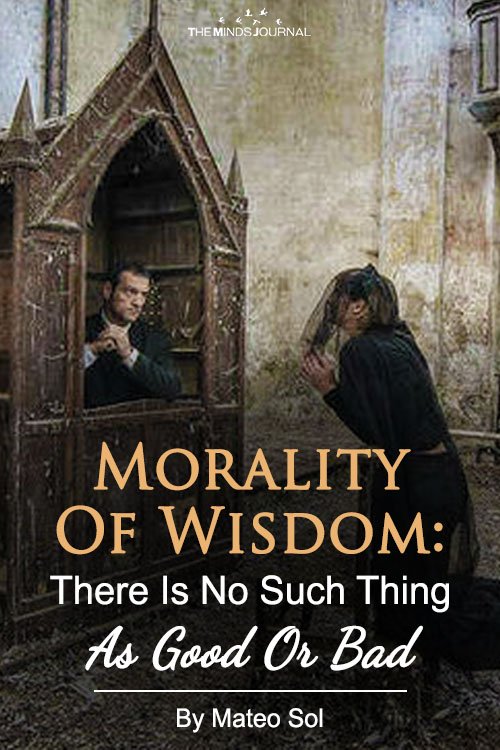
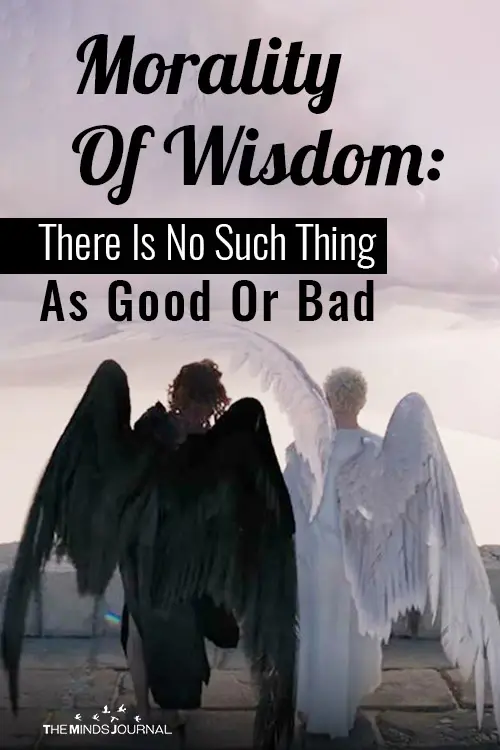
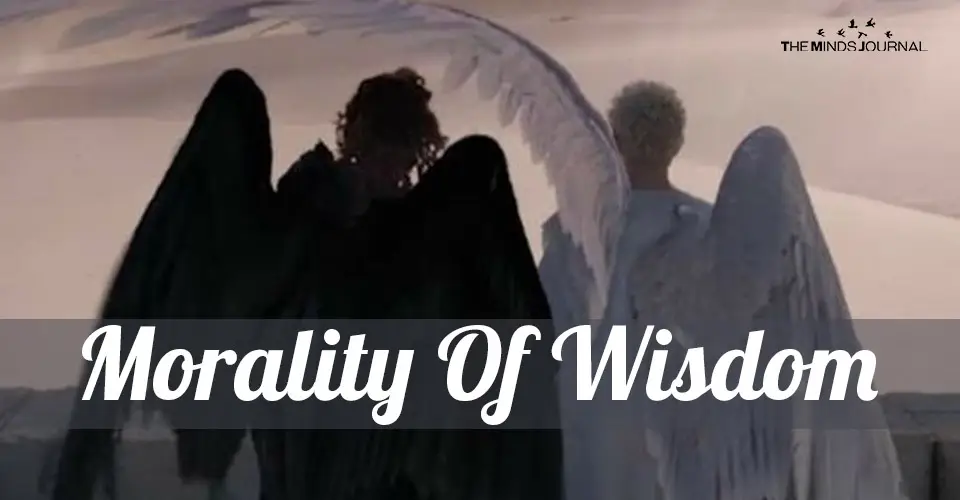
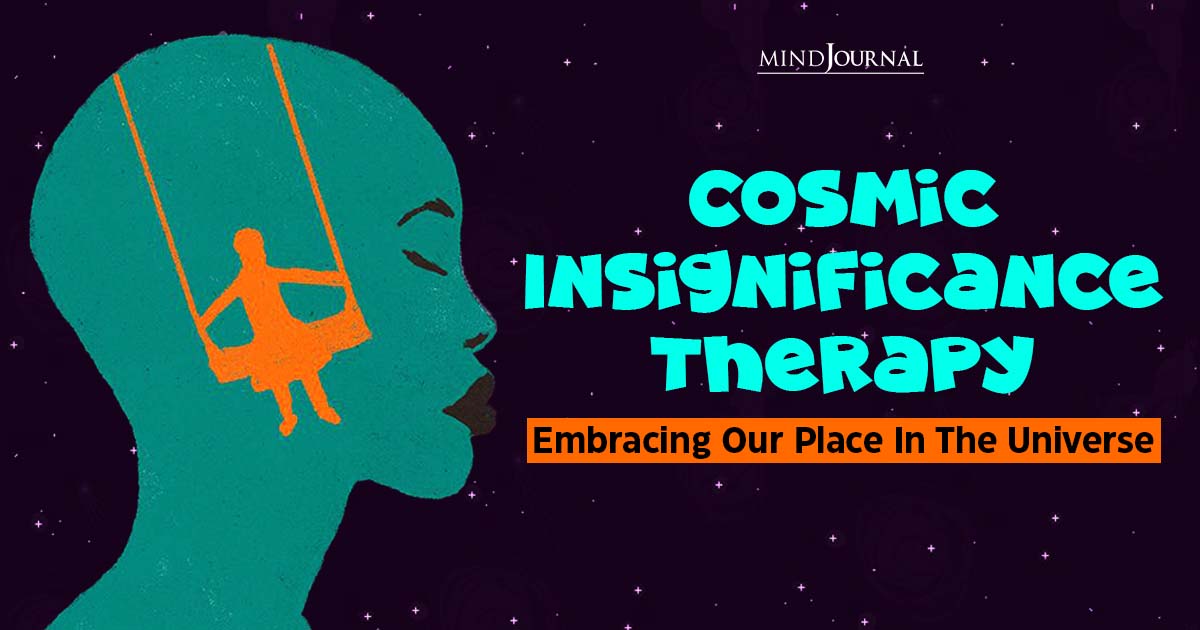
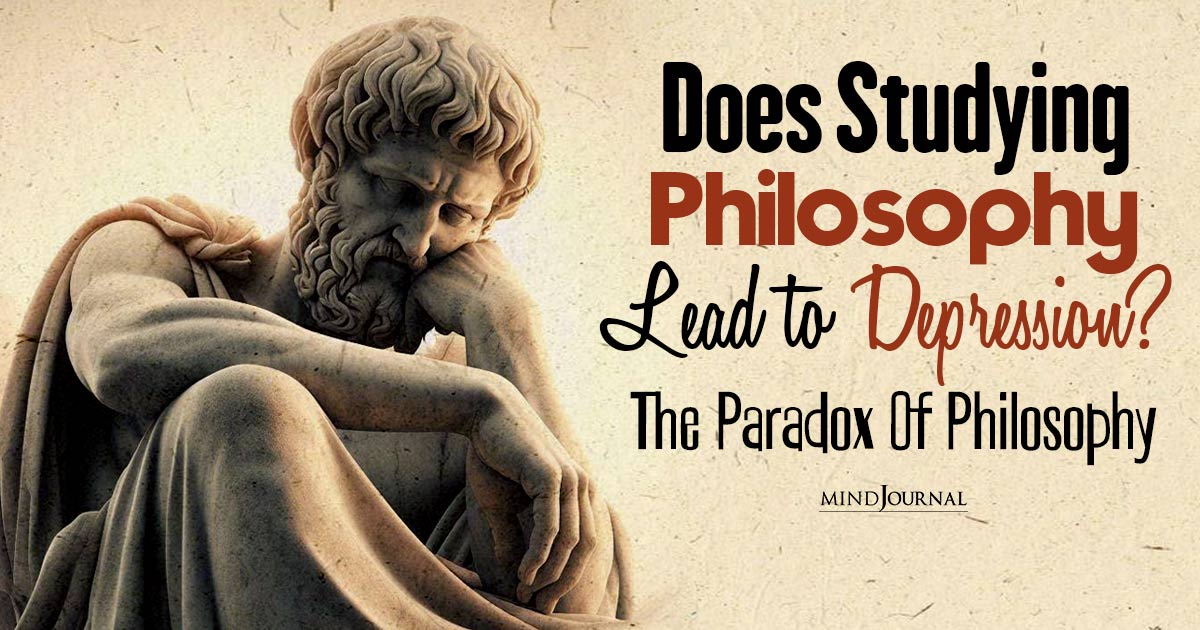
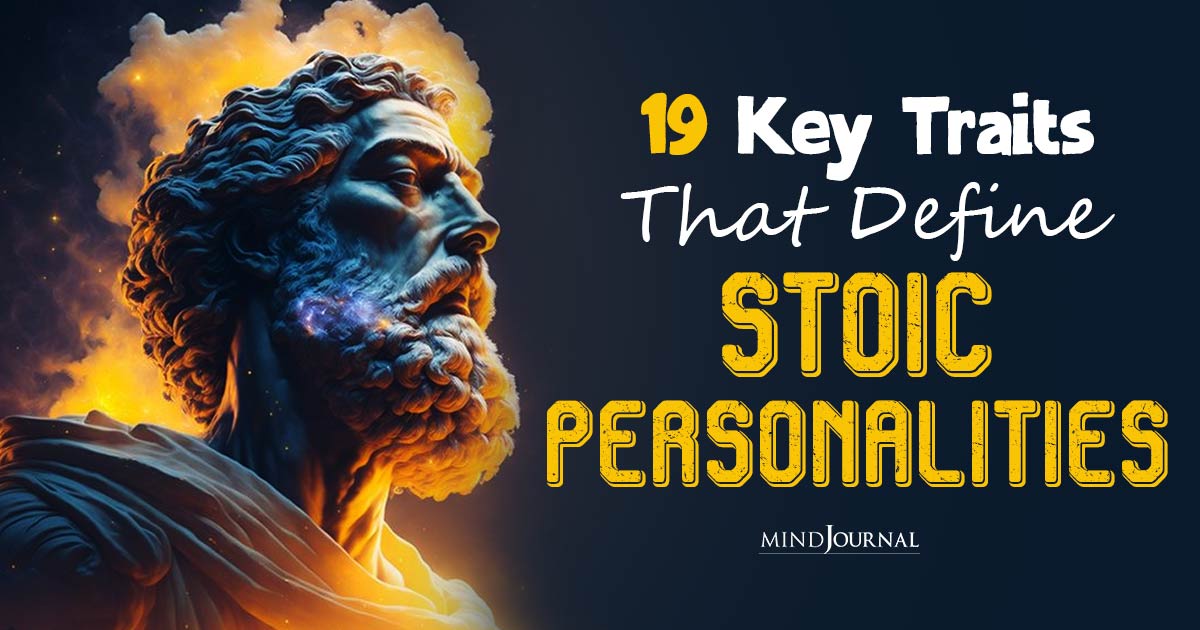
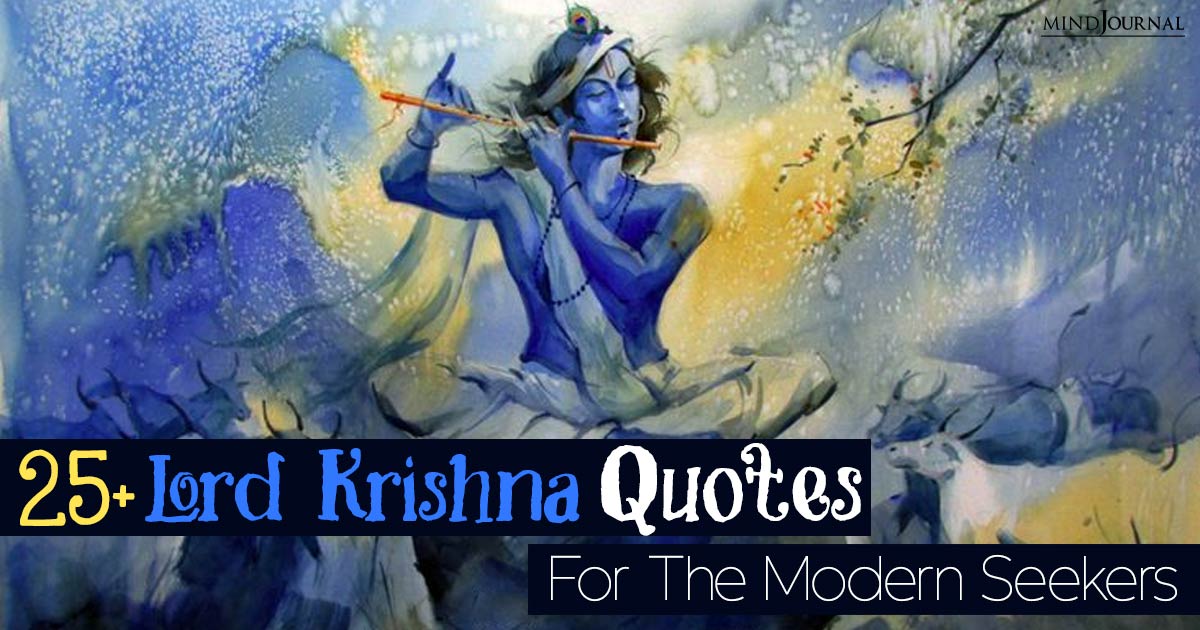
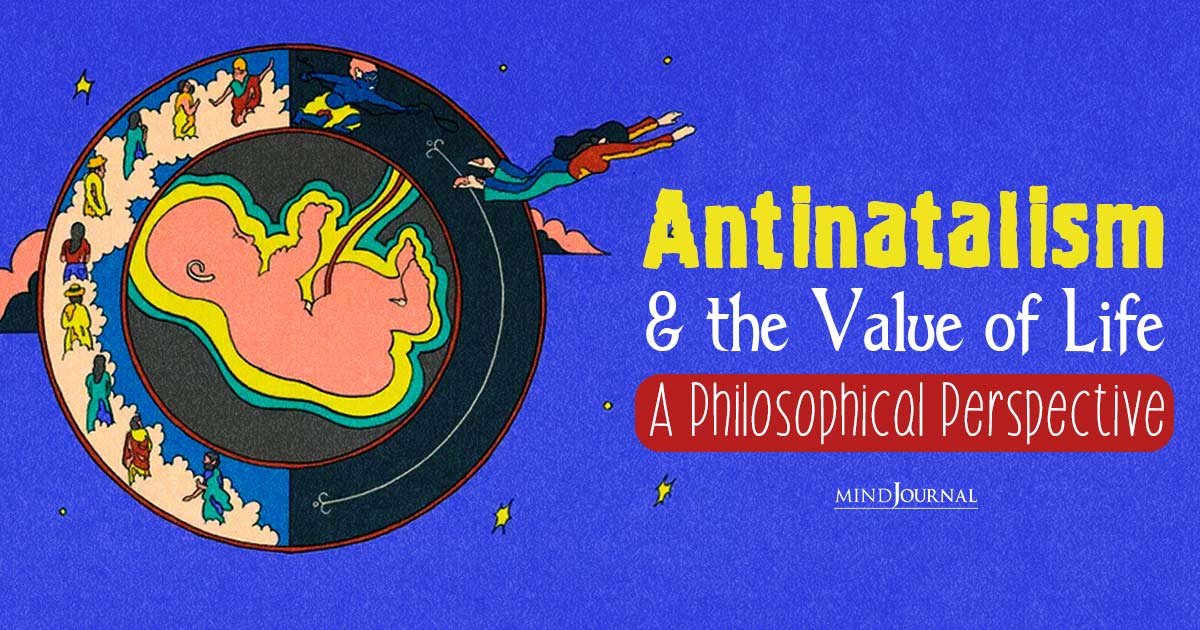
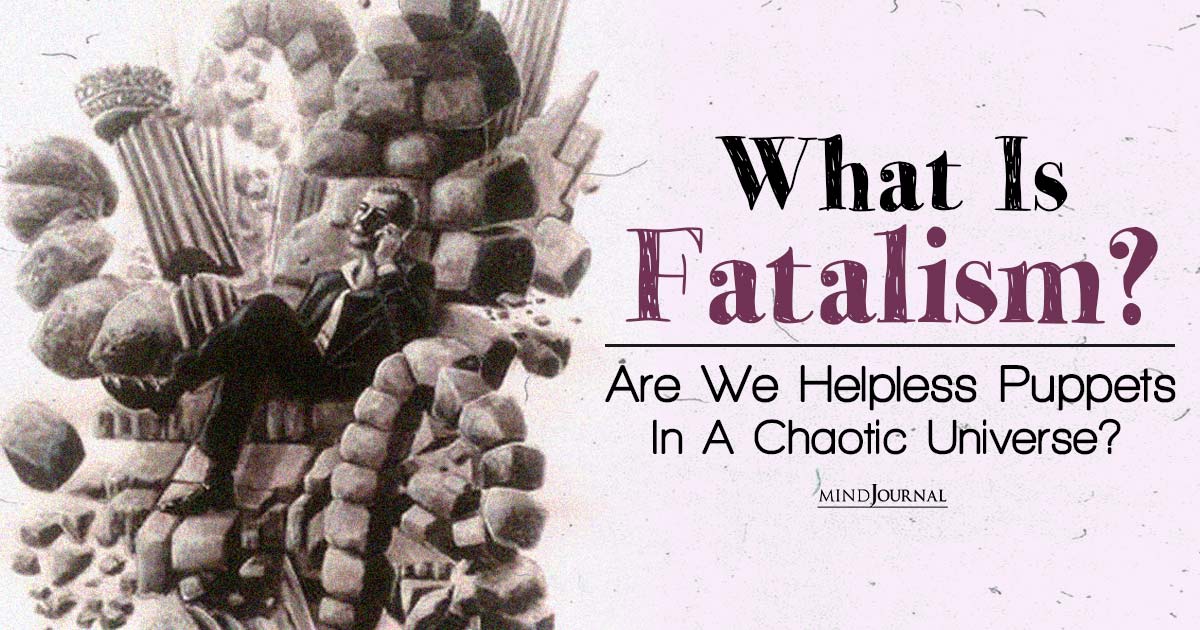
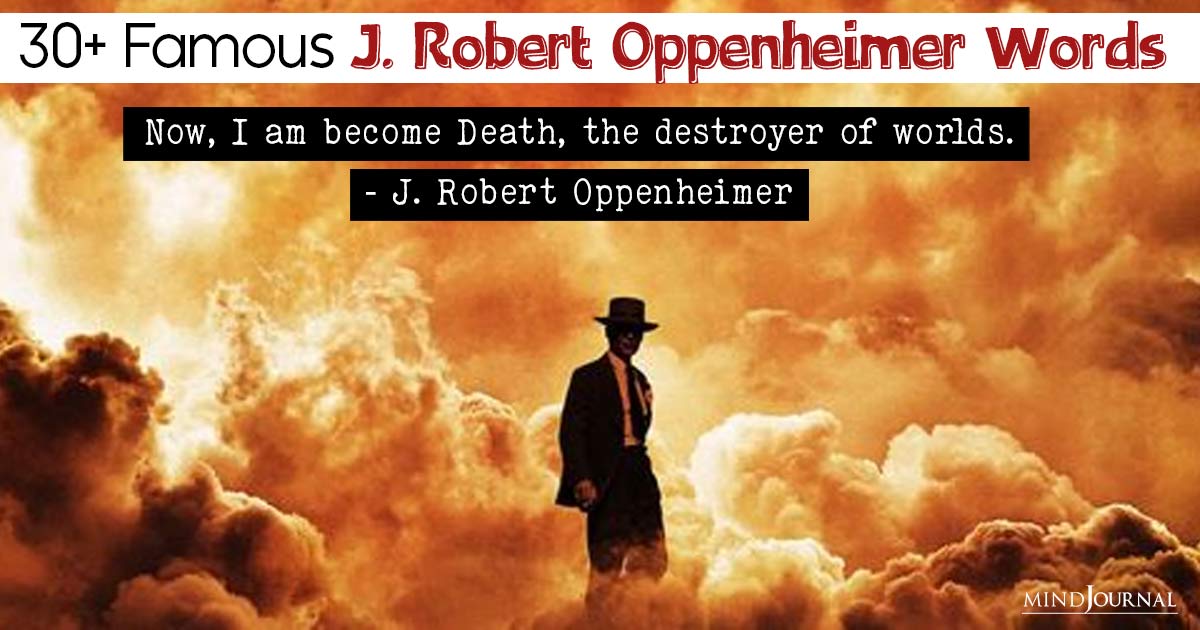
Leave a Reply
You must be logged in to post a comment.